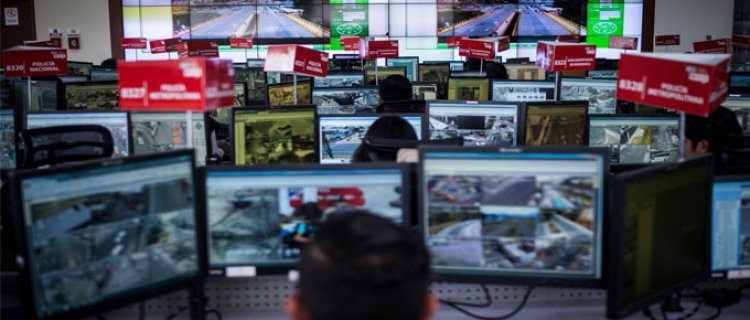European Union: Plans to Expand Digital Surveillance on Citizens?
According to leaked draft recommendations, the European Commission is reportedly considering a major expansion of surveillance practices within the bloc.

Brussels: According to leaked draft recommendations, the European Commission is reportedly considering a major expansion of surveillance practices within the bloc. This expansion could potentially impact every EU citizen.
German news website T-Online obtained the draft, which suggests the Commission plans to gain "backdoor" access, allowing them to reach data in anything from messaging apps to online home assistants. This would grant authorities the ability to monitor communications and activities, even if encrypted.
Supporters of the plan argue that these additional surveillance tools would aid in the fight against terrorism and serious crimes. However, privacy groups have strongly condemned the proposal, calling it "mass surveillance" and a "violation of fundamental rights."
The plan is still in its early stages and would need approval from the European Parliament and member states. If implemented, it could have significant implications for civil liberties and data privacy.
Here are some key points:
- The European Commission is reportedly considering a major expansion of surveillance practices in the bloc.
- This plan could potentially impact every EU citizen.
- The Commission is planning to gain "backdoor" access which would provide them with data, even if encrypted.
- Supporters argue these additional surveillance tools would help fight terrorism and crime.
- Privacy groups have condemned the plan, calling it "mass surveillance" and a "violation of fundamental rights."
This is a complex and controversial issue with significant implications. It's important for all aspects to be considered and for a public debate to ensure any new surveillance laws maintain a proper balance between civil liberties and security.






















